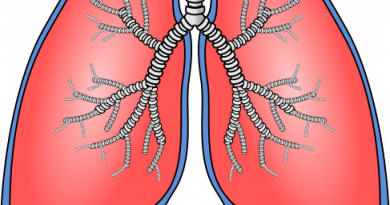Disc-On-Chip Model Could Be Gamechanger for Low Back Pain Studies
We are pleased to report on a new and human-centric approach to studying low back pain as reported by Citizens for Alternatives to Animal Research and Experimentation (CAARE) together with a “read more” button that leads to the full article on the topic by BioIT World.
Chronic low back pain is a widespread problem that is difficult to treat. But rather than resort to outdated and confounded animal experiments, a team of researchers at the University of Sydney have developed a sophisticated disc-on-a-chip to replicate human disc pathophysiology. Using this model offers scientists the possibility to not only derive new treatments but to regenerate damaged discs.
A team of scientists at the University of Technology Sydney led by Javad Tavakoli, Ph.D. have created the world’s first disc-on-a-chip organ model that can be used to study low back pain.
Traditional models, such as animal discs, don’t fully recapitulate human discs and raise serious ethical concerns. The disc-on-a-chip is a microfluidic platform derived from human cells that is combined with precision additive manufacturing and two-photon polymerization technology that allows it to closely mimic actual human discs in function, cell morphology, and stiffness gradients.
Utilizing human-relevant methods like the disc-on-a-chip will allow researchers to make advancements into human health and disease research that is not possible with inapplicable animal studies.
From email communication sent by Citizens for Atlernatives to Animal Research and Experimentation (CAARE) on July 20, 2023.





